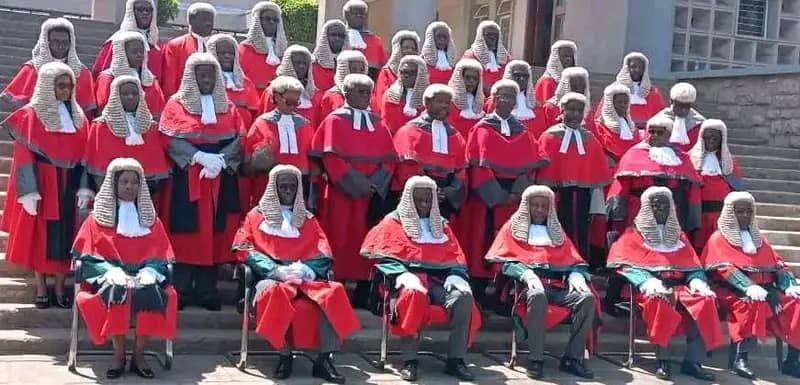By Burnett Munthali
The Malawi Judiciary has officially announced its readiness to address any post-election disputes that may arise following next year’s elections. Chief Justice Rezine Mzikamanda made this declaration during the launch of the 2024/25 Judiciary Calendar program of events in Blantyre, emphasizing the judiciary’s commitment to maintaining electoral integrity and upholding the rule of law.
In an interview , Chief Justice Mzikamanda revealed that a special committee of judges has been established specifically to handle and expedite the resolution of post-election result disputes. “We are committed to ensuring that any disputes are resolved within the shortest possible time,” Mzikamanda stated, highlighting the judiciary’s proactive approach to electoral challenges.

Mzikamanda also outlined several strategies and mechanisms designed to facilitate the swift handling of court cases. One significant development is the adoption of digitalization within the judiciary, aimed at improving efficiency and accessibility in legal proceedings. “Digitalization will streamline our processes and help us respond quickly to the needs of the public, especially during critical periods like elections,” he added.
The Chief Justice’s remarks come as the nation gears up for elections amidst a backdrop of heightened political tension and scrutiny. The judiciary’s preparedness is seen as crucial in maintaining public confidence in the electoral process and ensuring that any grievances are addressed fairly and promptly.
In conjunction with these developments, Malawi Law Society President Patrick Mpaka urged the government to respect court verdicts, particularly regarding timely payment of fines and compensations ordered by the judiciary. Mpaka expressed concern that the government often delays fulfilling these obligations, which undermines the authority of the courts and the rule of law.
“The government must recognize and honor court decisions, including timely payments to claimants. Delays in compensation can lead to public distrust in our legal system,” Mpaka remarked.
The commencement of the Judiciary Calendar serves not only as a formal start to the judicial year but also as an essential platform for interaction between judges and legal practitioners from both private and public sectors. This event fosters collaboration, sharing of ideas, and discussions on best practices within the legal framework of Malawi.
As the 2024 elections approach, the readiness of the judiciary to manage potential disputes will be closely watched by stakeholders across the political spectrum. The actions taken now could play a pivotal role in shaping the electoral landscape and ensuring a fair and transparent process for all Malawians.


